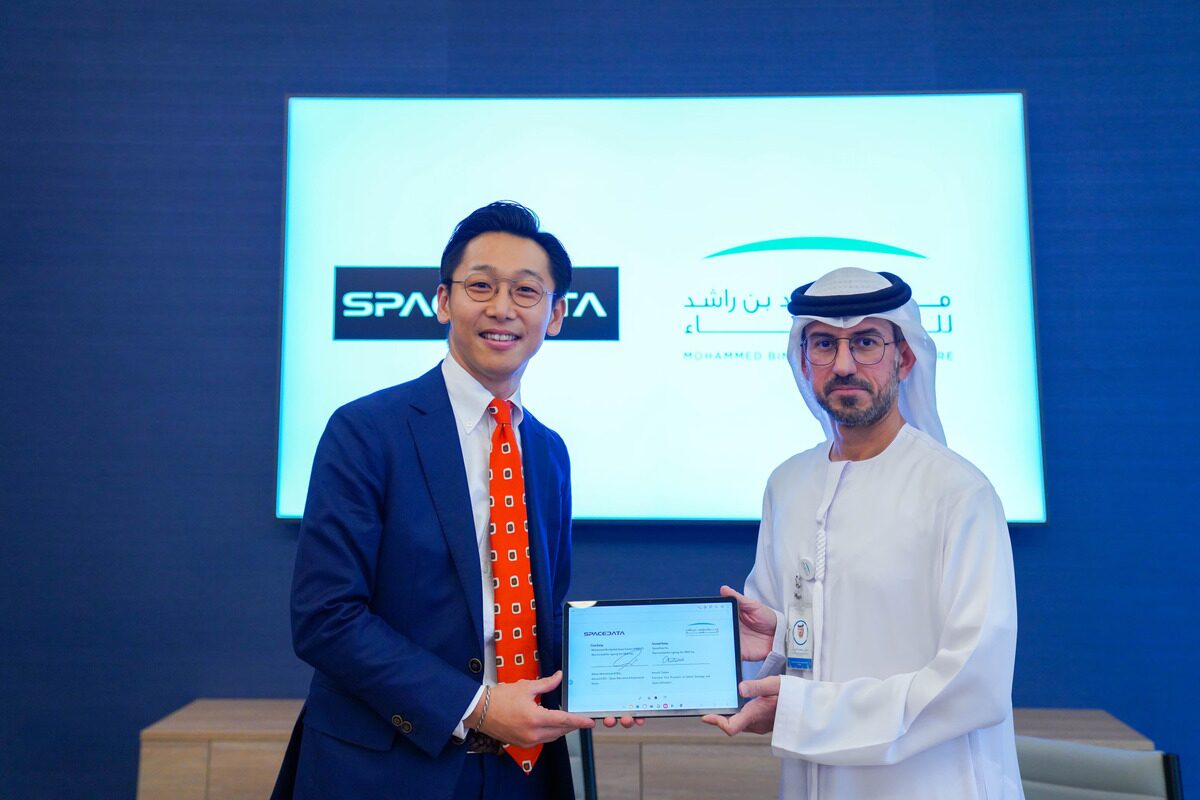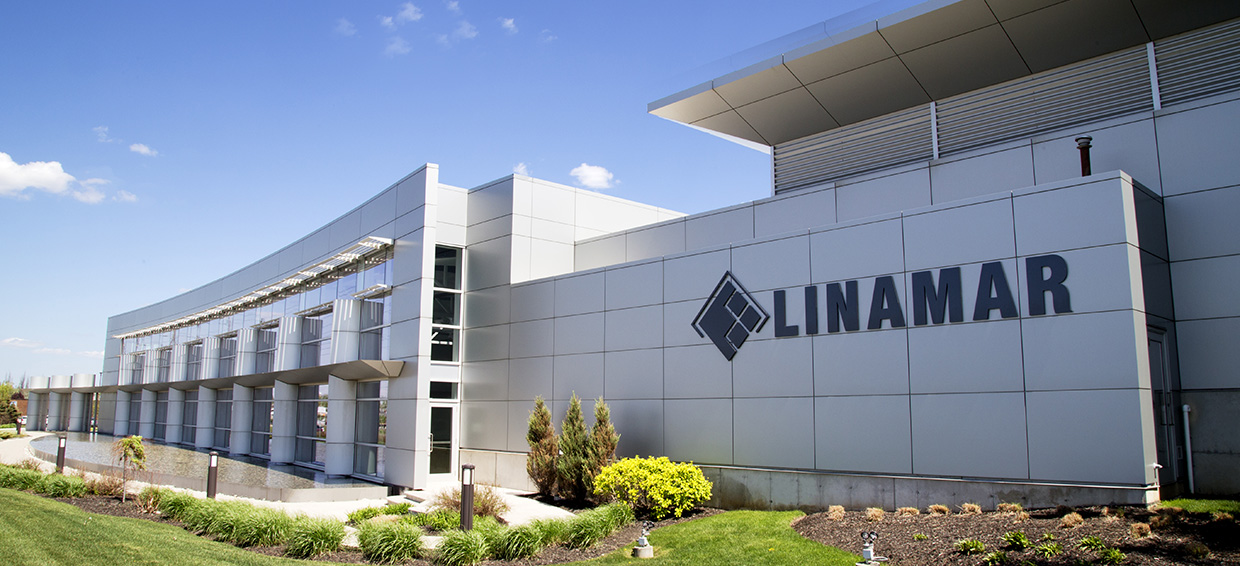Contesting the Digital Space: The Role of Laws and Tech Policy in the MENA Region

As the digital landscape of the Middle East and North Africa continues to evolve, so do the legal frameworks and corporate policies governing the space. In recent years, tech companies have at several times failed to effectively protect the integrity of the information environment through censorship, over-moderation of content, and amplification of disinformation, often at critical moments when reliable information-sharing is urgently needed, including most recently as events are unfolding in Israel and Palestine. Laws that restrict media, online expression, and information-sharing have been introduced in Tunisia, Iraq and Jordan in the last year, and space for free expression and press coverage continues to narrow in other MENA countries across the region where journalists, comedians, and everyday citizens are arrested and interrogated for their commentary online. New legislation on the online space and changing policies of tech giants will further shape the digital environment and affect fundamental rights for years to come, particularly in the areas of freedom of expression, political participation, assembly, privacy, and countless other affected rights.
Understanding the implications of new digital rights legislation and fast-moving tech policy is crucial. The MENA region is diverse, with complex social, political, and economic dynamics, and varying degrees of digital rights and freedoms, which are almost non-existent in some countries. What do the most recent laws and policies governing the digital space in MENA entail, and what role do they play in the broader digital environment of the MENA region? What burdens do these tech policies and pieces of new legislation place on human rights advocates and civil society amid worrying trends of repression and increasing restrictions on speech across the region?
On Tuesday, October 31, 2023, the Tahrir Institute for Middle East Policy (TIMEP) hosted a virtual panel discussion on the intersection of the law, tech policy, and digital rights across the MENA region. In a conversation moderated by TIMEP Executive Director Mai El-Sadany, panelists Mona Shtaya (TIMEP), Marianne Rahme (SMEX), Lamine Benghazi (TIMEP), and Hayder Hamzoz (INSM), with diverse backgrounds in law, human rights advocacy, and technology, unpacked various aspects of the evolving digital rights landscape, including the context in which these pieces of legislation emerge and new policies are formed, considering the unique challenges posed by the MENA region’s socio-political landscape, and the potential impacts on citizens’ rights and freedoms.
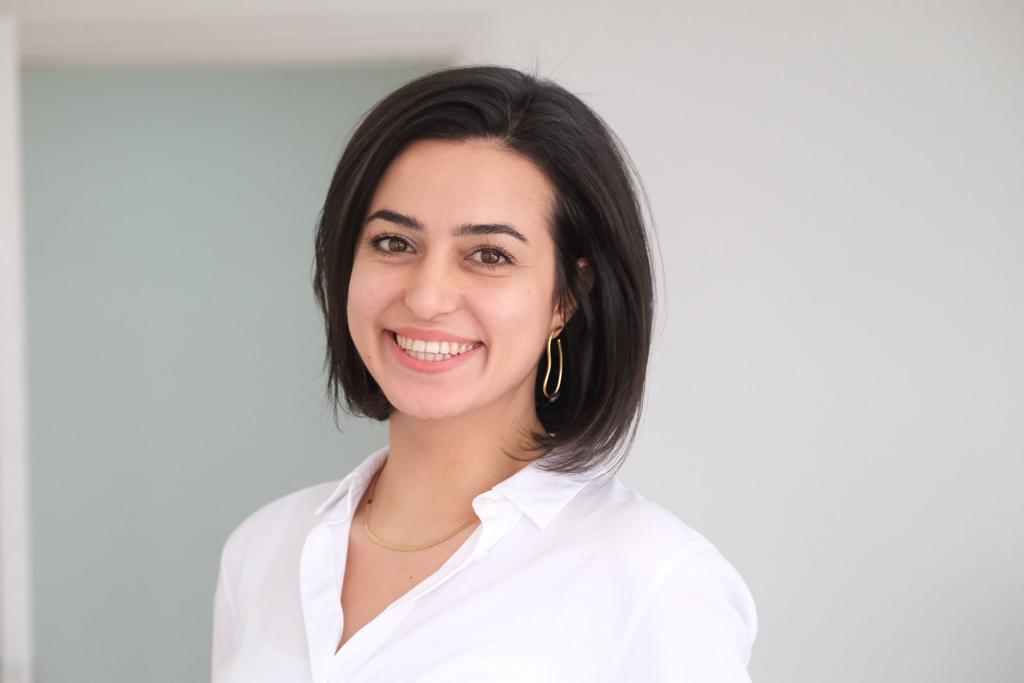
Mona Shtaya
Nonresident Fellow, the Tahrir Institute for Middle East Policy (TIMEP)
Mona is a Nonresident Fellow at TIMEP focusing on surveillance, privacy, and digital rights in the Middle East and North Africa (MENA) region. She works as the MENA Campaigns and Partnerships Manager and corporate engagement lead in Digital Action. She is also a nonresident scholar for the Middle East Institute (MEI) in the Cyber Security and Emerging Technology Program and the Palestine-Israel program. She previously worked as the Advocacy and Communications Manager at 7amleh–The Arab Center for the Advancement of Social Media, and as the community outreach specialist and digital communication specialist at Transparency Palestine, the national chapter of Transparency International. She holds a MA in Social Media and Digital Communication from the University of Westminster. You can follow her on Twitter: @Monashtayya.
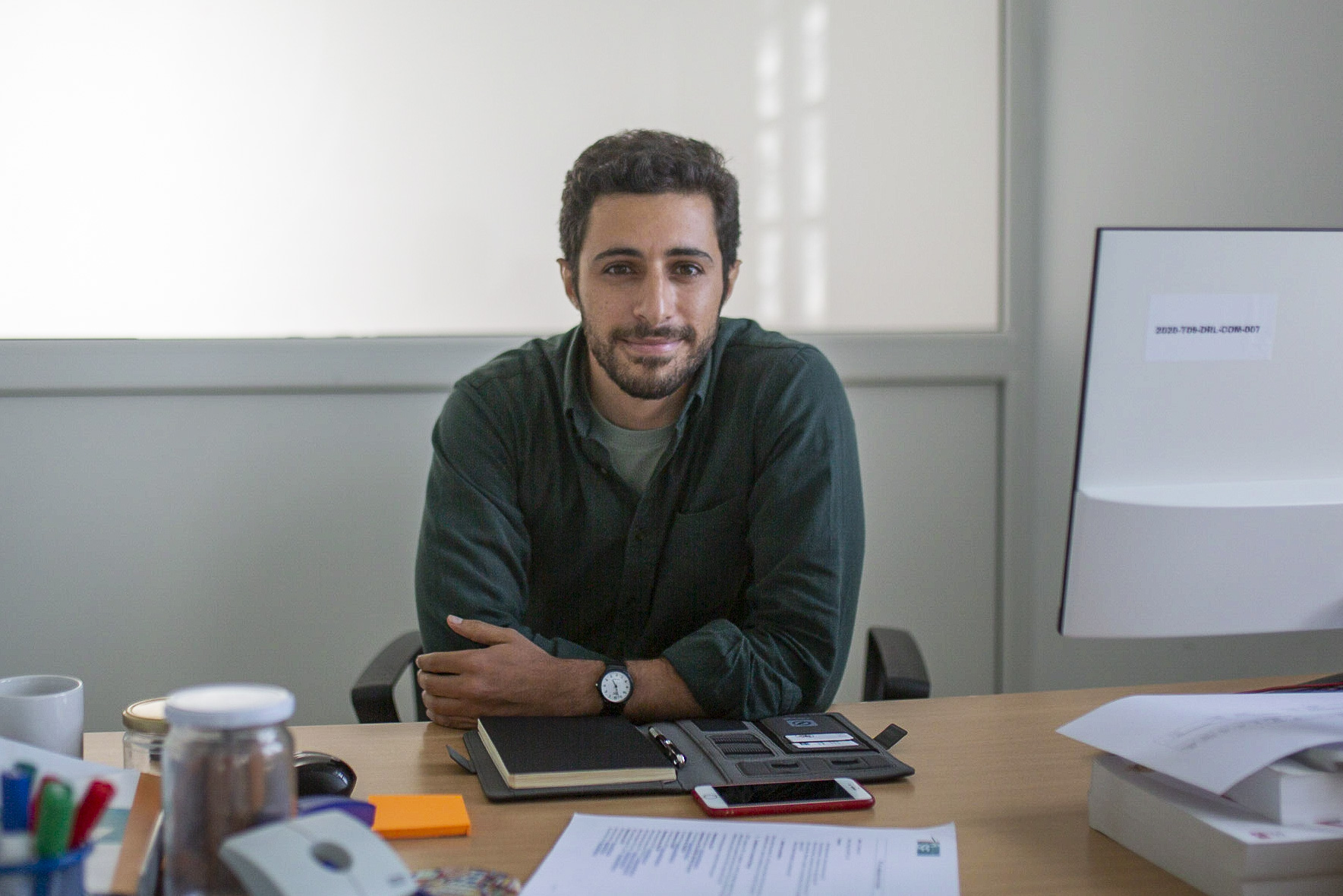
Lamine Benghazi
Nonresident Fellow, the Tahrir Institute for Middle East Policy (TIMEP)
Lamine Benghazi is a Nonresident Fellow at TIMEP focusing on rule of law and the judiciary in Tunisia, with particular attention to criminal justice reform, transitional justice, and the independence of the judiciary. He is currently heading the Justice and Rule of Law program at Avocats Sans Frontières (ASF) in Tunisia, an international NGO promoting human rights and access to justice. Before joining ASF, Lamine was responsible for Marsad Majles, the parliament observation program at Al Bawsala, where he remains a board member. Prior to his return to Tunisia and his engagement with civil society, Lamine lived in France and in China where he studied Mandarin Chinese and worked in the startup industry. He holds an MA in Media and Politics in the Middle East from SOAS University in London.
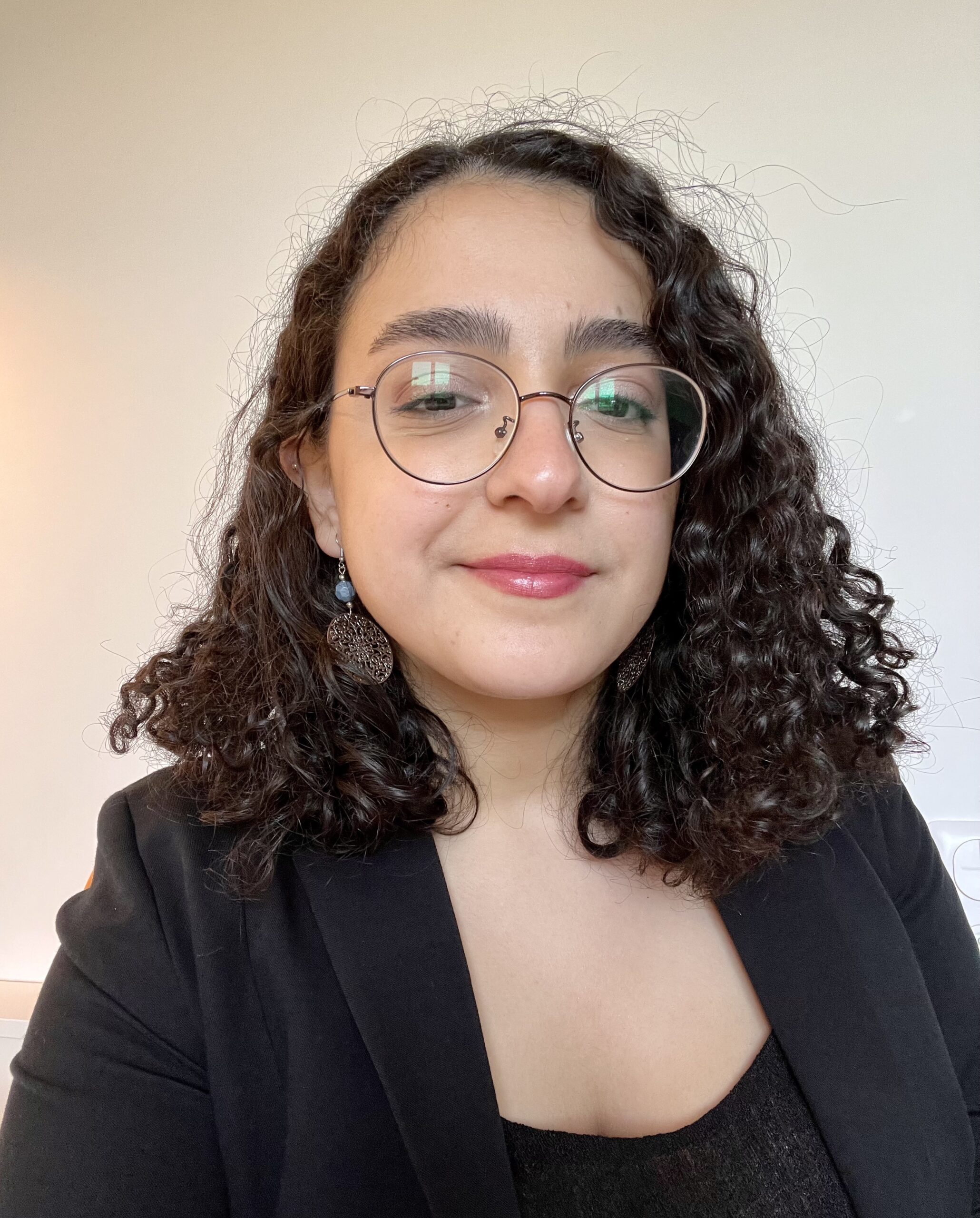
Marianne Rahme
Policy Coordinator, SMEX
Marianne is SMEX’s Policy Coordinator, she leads SMEX’s work on digital rights in the SWANA region. She graduated with a Bachelor’s in Law and holds a Master’s degree in Data Law from Université Paris 1. Passionate about Human Rights, Law and Technology, she is currently pursuing her Phd in Open Source Evidence in front of the International Criminal Court at the Université Paris Nanterre.
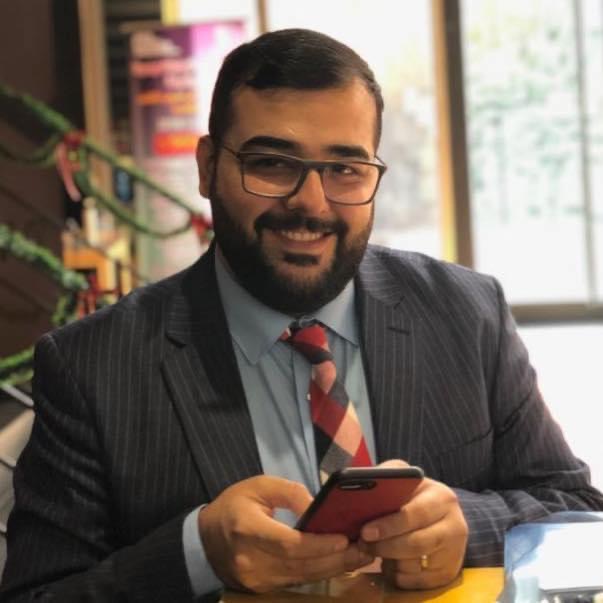
Hayder Hamzoz
Founder and Team Leader, INSM Foundation for Digital Rights
Hayder Hamzoz is a digital rights defender from Iraq. He is the founder and team leader from (INSM), a non-profit organization that promotes and defends digital rights in Iraq.
Hamzoz has been working on digital rights issues in Iraq for over a decade. He has advocated for the passage of laws to protect freedom of expression online, and has worked to raise awareness of the risks of online surveillance and censorship. He has also provided digital security training to human rights defenders, journalists, and activists.
Hamzoz’s work has been recognized by the United Nations and other international organizations.
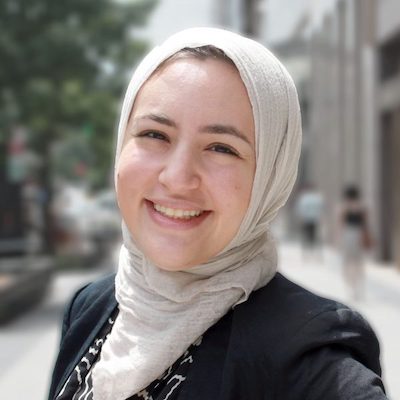
Mai El-Sadany
Executive Director, the Tahrir Institute for Middle East Policy (TIMEP)
Mai El-Sadany is the Executive Director of the Tahrir Institute for Middle East Policy (TIMEP). She was previously TIMEP’s Managing Director and Legal and Judicial Director. She has previously worked at the International Center for Not-for-Profit Law, Robert F. Kennedy Human Rights, and the Carnegie Endowment for International Peace, among other organizations. Ms. El-Sadany’s published work has covered legal and constitutional issues in Egypt, human rights issues in Syria, transitional justice in the Middle East, and the split between Sudan and South Sudan. She holds a J.D. and certificate in refugees and humanitarian emergencies from the Georgetown University Law Center, and a B.A. in political science from Stanford University. You can follow her on Twitter: @maitelsadany.
link

